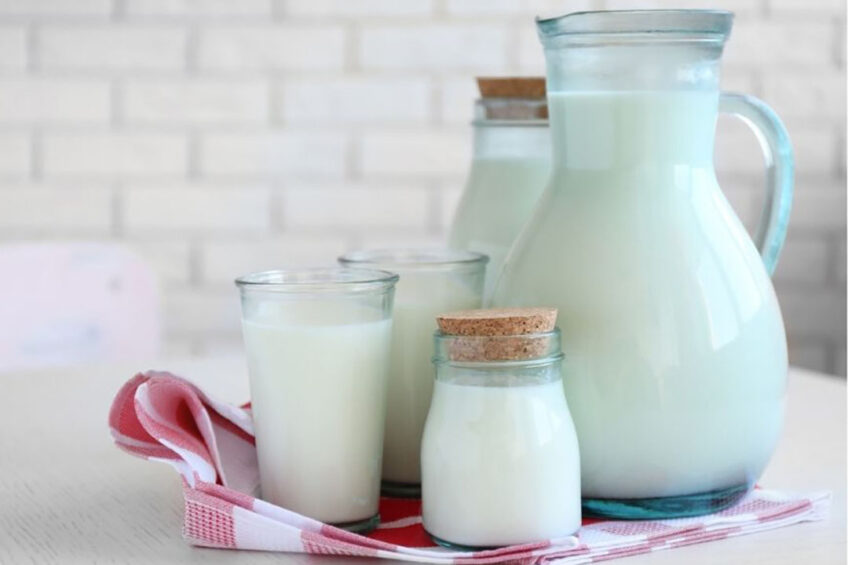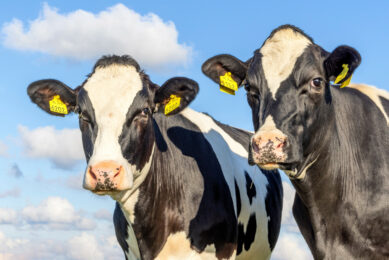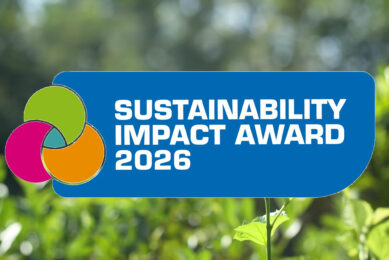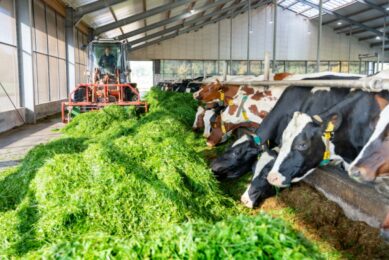Arla Foods dairy coop launches new 5-year strategy

Dairy ccop, Arla Foods, has announced its new 5-year strategy to cement its commitment to create sustainable dairy production and to grow its business responsibly.
Globally, demand for dairy products is growing, and at the same time, consumers are becoming more conscientious and expect the food they eat to be healthy and affordable and produced responsibly and sustainably. In the next 5 years, the global dairy market is expected to grow by 2% each year.
In the Middle East, Africa, and Asia Pacific countries a growing population will drive increased demand for dairy nutrition. In Europe, where dairy has been a more integral part of daily meals for many years, consumers now search for products that meet their needs within health and wellness, convenience, and sustainable production, according to a recent press release by Arla Foods.
Sustainability, product innovations, capacity expansions and digitalisation
With this global outlook and building on its successful Good Growth 2020 strategy securing growth and market-leading positions in both territories, dairy categories and its global brands, in the next 5 years, Arla Foods is prepared to increase its investments by more than 40% to €4+ billion in sustainability actions, product innovations, capacity expansions and digitalisation while also delivering one of the industry’s most competitive milk prices to its farmer-owners.
Support for farmers on their sustainability journey
Arla Foods has just announced a new retainment policy allocating a higher supplementary payment of €1+ billion over the next strategy period to support its farmer-owners on their sustainability journey. Going forward, the supplementary payment will be 1.5 euro cents per kg of milk instead of the current 1 euro cents per kg of milk, provided the company achieves an annual net profit of at least 2.8% of revenue, and to be paid out in 2 instalments in March and September instead of only once a year.
Sustainable dairy
In the next 5 years, Arla Foods will continue to take the industry’s lead on data-driven sustainable dairy production throughout its value chain and raise its commitments to meet the 1.5-degree goal set by the Paris Agreement.
Over the last decades, Arla Foods’ farm owners have steadily worked towards sustainable farming and today they are among the most climate efficient dairy farmers in the world producing milk with an average of 1.15 kg CO2e per kg of milk.
Arla Foods’ farm owners are committed to accelerating their reduction of greenhouse gas emissions towards the science-based 30% goal in 2030. Across its operations, Arla Foods has raised its target to a 63% reduction of greenhouse gas emissions by 2030, which it will deliver by accelerating its conversion to green electricity, fossil-free fleets, making all packaging recyclable and having zero virgin plastics in branded packaging by 2030.
Future26 strategy to expand presence
During Good Growth 2020, Arla Foods has strengthened its position as a market leader in Northern Europe, the UK and the Middle East and its global brands Arla, Lurpak, Castello Cheese, Puck and Starbucks are strong and trusted household names. In the next 5 years, Arla will utilise its key competitive advantage and grow its branded business by 3-4% year on year by investing in category innovation and development, new production technologies and supply chain scale.
Arla Foods will also invest in its global specialised high-quality milk and whey ingredients business, Arla Foods Ingredients (AFI) to secure world-class innovation and collaboration and develop new solutions for its partners. The newly-opened Innovation Centre in Western Jutland in Denmark aims to be the powerhouse to step-change future opportunities and innovation efforts in AFI.
Arla Foods has successfully built its export business to markets such as China, West Africa, and Southeast Asia where consumer demand for affordable dairy nutrition exceeds local production and supply.
With the Future26 strategy, Arla will strengthen and expand its presence in these markets within dairy categories such as butter and cheese, organic, affordable dairy nutrition and early life nutrition, said the press release.
Source and for more info: Arla Foods
Join 13,000+ subscribers
Subscribe to our newsletter to stay updated about all the need-to-know content in the dairy sector, two times a week.










